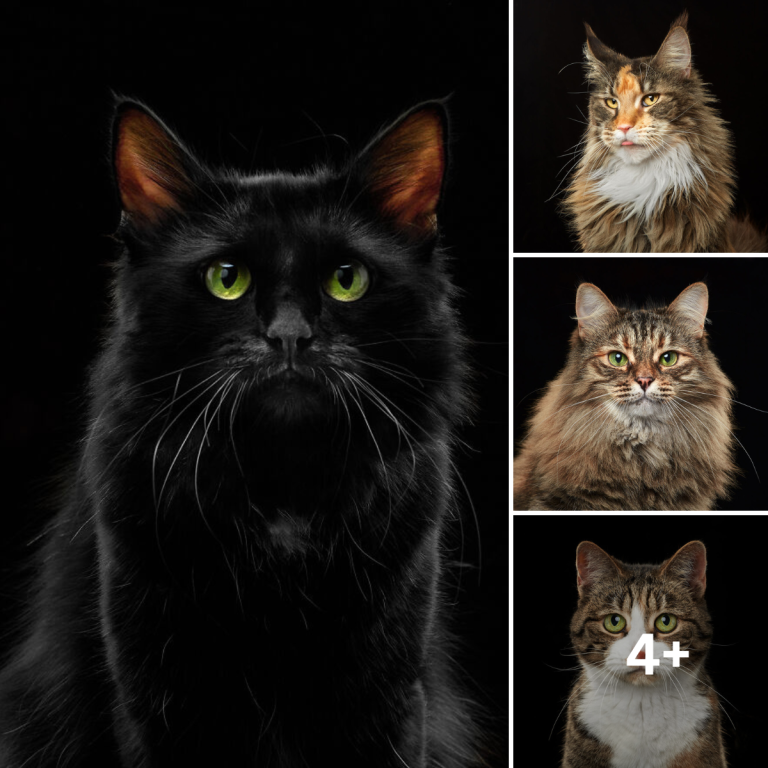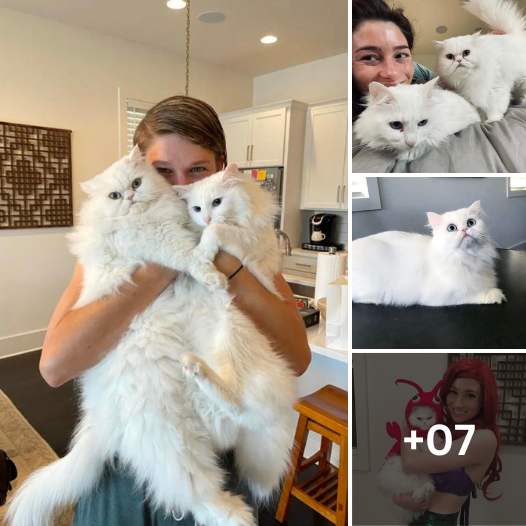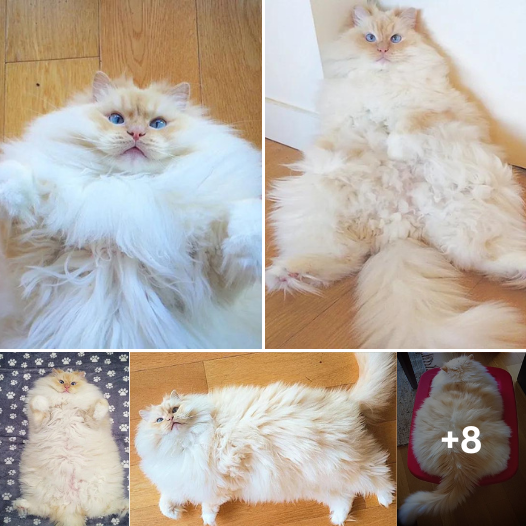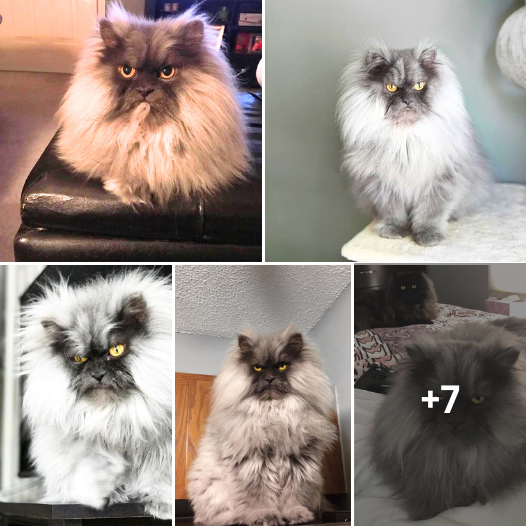Thinking of Adopting a Disabled Cat? Here Are 10 Essential Tips That Will Change the Game
Thinking of Adopting a Disabled Cat? Here Are 10 Essential Tips That Will Change the Game
Adopting a cat is a rewarding experience filled with moments of joy, companionship, and discovery. When you choose to open your heart and home to a disabled cat, you’re not just gaining a pet—you’re embarking on a profoundly fulfilling journey. Disabled cats can have a range of special needs, from mobility issues to chronic health conditions, but they possess the same amount of love and affection as any other feline. Here are ten essential tips to ensure you’re fully prepared for the unique responsibilities and rewards that come with caring for a disabled cat.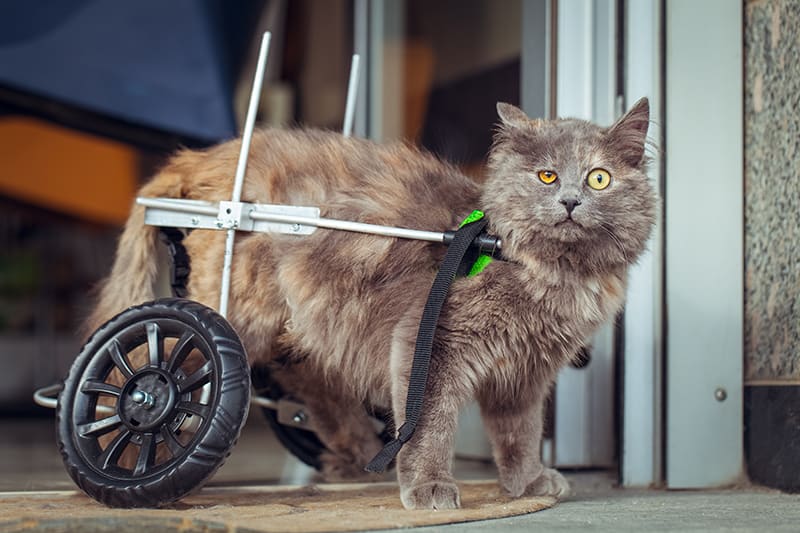
- Understand the Commitment Caring for a disabled cat requires a long-term commitment. It’s important to recognize that some disabilities might necessitate extra care, time, and financial resources. Prepare for regular veterinary visits and potential modifications to your home to accommodate your new companion’s needs.
- Create a Safe Environment Your home should be a sanctuary for your disabled cat. Remove potential hazards and consider accessibility—ramps and steps can help cats with mobility issues. Ensure litter boxes are easily accessible and that food and water dishes are placed within comfortable reach.
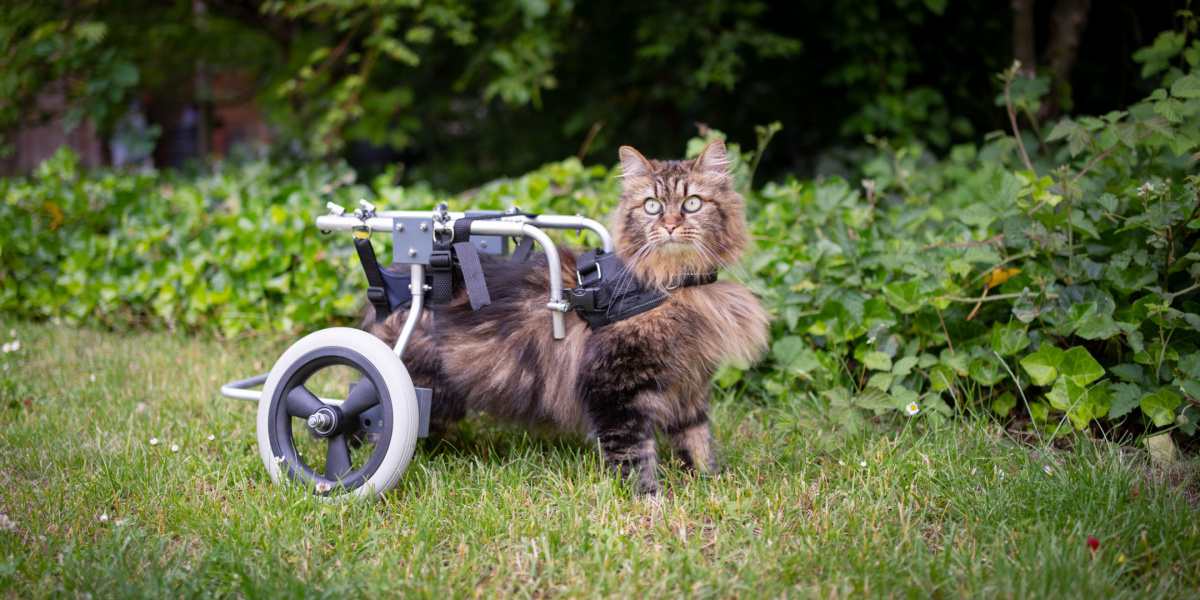
- Patience is Key Patience is paramount when it comes to bonding with a disabled cat. They may require more time to adjust to new surroundings and people. Be patient and give them the time they need to become comfortable in their new home.
- Educate Yourself Learn about your cat’s specific disability and what you can do to help. This might include researching ways to assist with mobility, understanding dietary restrictions, or knowing how to administer medication.
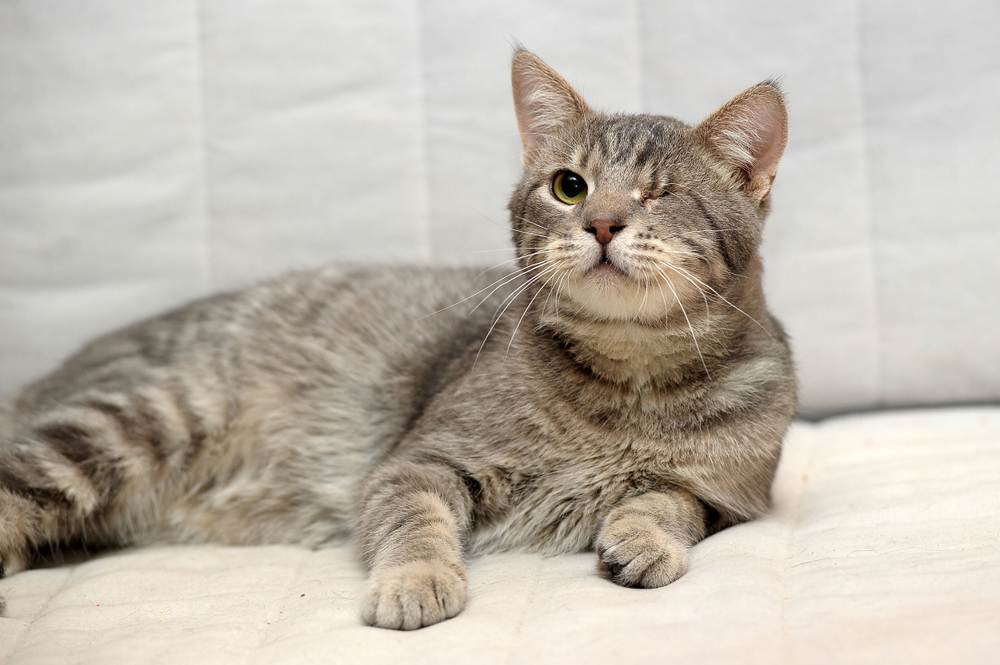
- Invest in the Right Equipment There’s a variety of adaptive equipment available for disabled cats. Wheelchairs, orthopedic beds, and supportive harnesses can significantly improve their quality of life. Consult with your vet about what might be beneficial for your cat.
- Keep a Routine Disabled cats, much like other pets, thrive on routine. Consistency with feeding, playtime, and cuddles can provide them with the stability they need to feel secure and loved.
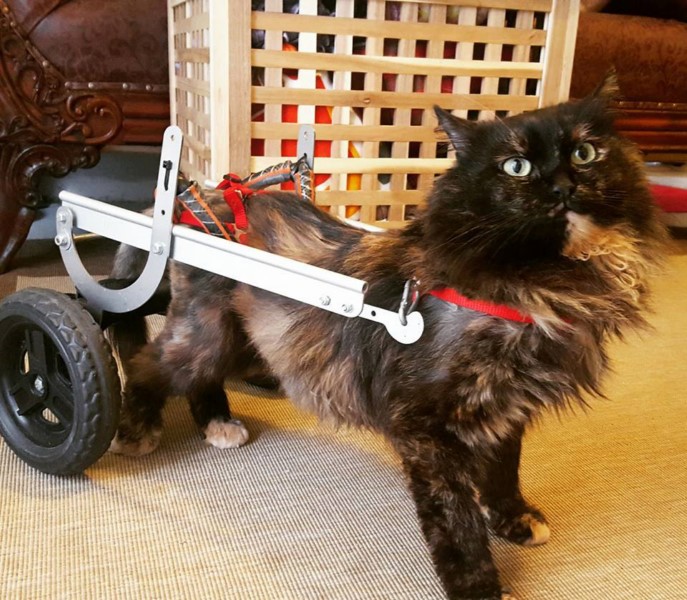
- Regular Exercise Depending on their disability, exercise can still be an important part of your cat’s life. Consult with your vet to determine what type and amount of exercise is appropriate for your cat’s condition.
- Monitor Health Closely Cats are adept at hiding pain or discomfort, so it’s crucial to monitor a disabled cat’s health closely. Regular check-ups with the vet can help catch any changes early on.
- Focus on Abilities, Not Disabilities Celebrate what your cat can do rather than what they can’t. Adaptive play that suits their abilities can boost their confidence and strengthen your bond.
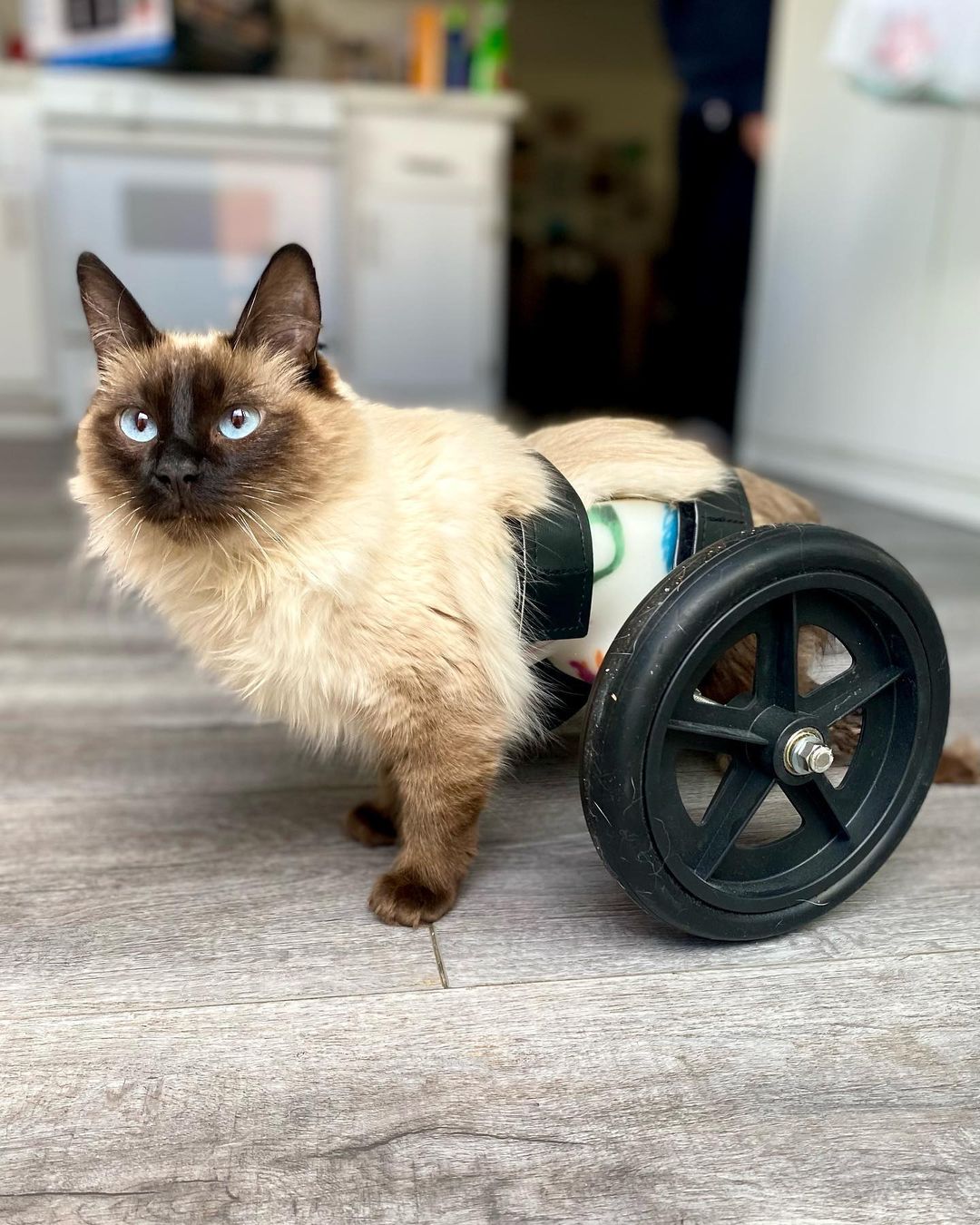
- Join Supportive Communities Connect with communities and groups for owners of disabled pets. They can provide valuable advice, support, and encouragement throughout your journey.
Adopting a disabled cat is a noble and compassionate decision. It’s a path less traveled, but one that is immensely enriching. These cats often express immense gratitude and affection, reflecting the special care they receive. With the right preparation, understanding, and heart, adopting a disabled cat can be one of the most rewarding decisions you’ll ever make. As you adjust to life with your new feline friend, you’ll find that it’s not just about changing their life for the better—it’s about transforming your own with unparalleled love and companionship.

